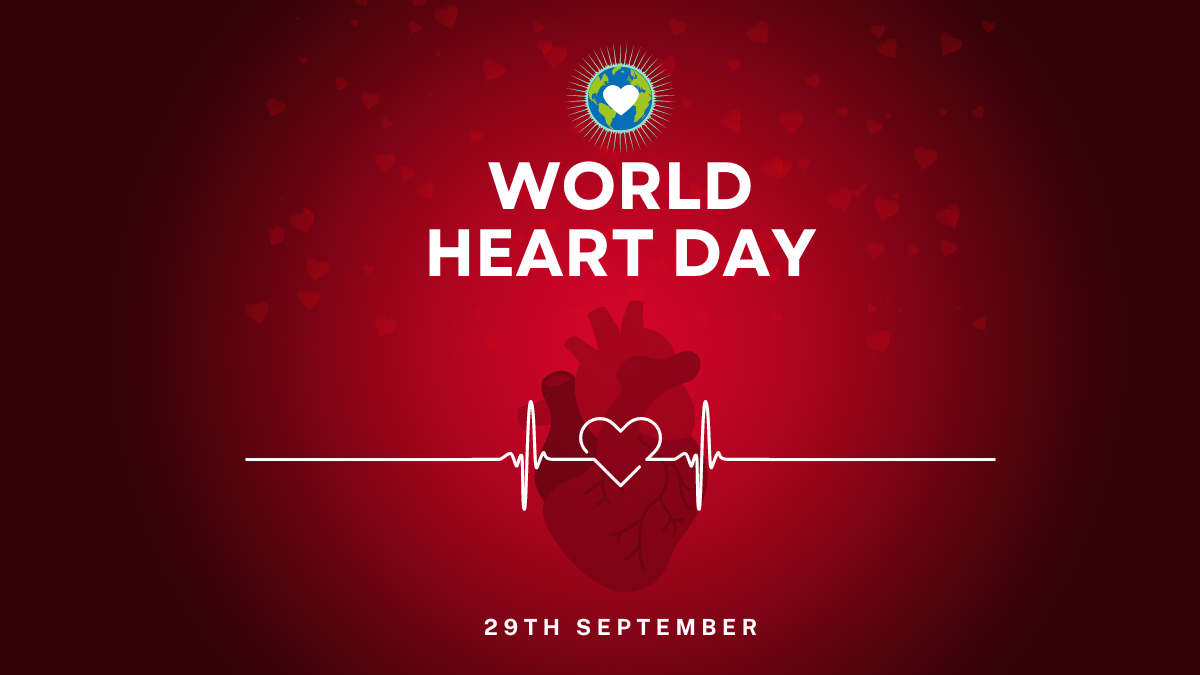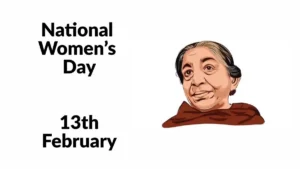World Heart Day, observed annually on September 29th, stands as a global beacon for cardiovascular health awareness. This international event serves as a crucial reminder of the importance of heart health and the ongoing battle against cardiovascular diseases (CVDs), which remain the leading cause of death worldwide. As we approach World Heart Day 2024, the focus intensifies on empowering individuals, governments, and health organizations to take proactive measures in preventing heart-related conditions.
Theme: “Use Heart for Action”
A Call for Meaningful Change
The World Heart Federation (WHF) has announced a powerful theme for the years 2024 to 2026: “Use Heart for Action.” This theme represents a significant shift in the approach to heart health awareness, moving beyond mere education to inspire concrete, impactful actions.
Key Aspects of the Theme
- Empowerment: The theme encourages individuals to take charge of their heart health, providing them with the knowledge and tools to make informed decisions about their lifestyle and health choices.
- Advocacy: “Use Heart for Action” empowers people to call on leaders and policymakers to take cardiovascular health seriously, pushing for systemic changes that support heart-healthy environments.
- Dual Approach: The theme captures a twofold strategy:
- Influencing policies that promote heart health at a societal level
- Advocating for individual behavior change and increased physical activity
- Sustained Effort: By focusing on “action,” the theme emphasizes the need for ongoing, collaborative efforts to combat cardiovascular diseases effectively.
Global Platform for Change
This theme provides a global platform for meaningful action, emphasizing the importance of deliberate, impactful efforts in improving heart health worldwide. It signifies a shift from merely raising awareness to empowering people with clear goals and a sense of purpose in the fight against CVDs.
History of World Heart Day
Origins and Early Years
World Heart Day was conceived in 1999 through a collaboration between the World Heart Federation (WHF) and the World Health Organization (WHO). This initiative was born out of a growing concern over the rising global burden of heart disease and stroke.
First Celebration
The inaugural World Heart Day was celebrated on September 24, 2000. This marked the beginning of a global movement to highlight the preventable nature of many cardiovascular conditions through healthy lifestyle changes.
Evolution of the Date
Initially, World Heart Day was observed on the last Sunday of September. However, to create greater global visibility and standardize the event, the WHF made a significant decision in 2011 to fix the date to September 29th each year.
Significance of World Heart Day
Raising Awareness
World Heart Day plays a crucial role in educating the public about the risk factors associated with cardiovascular diseases and how to manage them effectively. This awareness is critical given that CVDs account for approximately 18.6 million deaths annually, making them the leading cause of death worldwide.
Promoting Preventive Practices
The day emphasizes the importance of preventive measures in reducing the burden of heart diseases. This includes:
- Encouraging regular health check-ups
- Advocating for healthy lifestyle choices
- Promoting heart-healthy diets and physical activity
Global Events and Activities
World Heart Day is marked by various events across the globe, including:
- Free heart screenings
- Walks and marathons
- Media campaigns
- Educational programs
These activities aim to spread awareness about heart health and encourage community engagement in cardiovascular disease prevention.
Advocacy for Policy Changes
Health professionals and organizations use World Heart Day as a platform to advocate for policy changes that promote heart-healthy environments. This includes pushing for:
- Smoke-free zones
- Healthier food options in schools
- Improved access to healthcare services
Global Impact of World Heart Day
Uniting Communities
World Heart Day has successfully united communities, healthcare providers, and governments in the collective fight against cardiovascular diseases. This global unity has led to more coordinated efforts in heart disease prevention and treatment.
Focus on Developing Nations
The day has particularly significant impact in low- and middle-income countries, where CVDs are on the rise. It serves as a crucial platform to educate people about the dangers of ignoring heart health in regions where resources may be scarce.
Promoting Equal Access to Heart Care
World Heart Day emphasizes that cardiovascular diseases affect everyone, regardless of age, gender, or socioeconomic status. It serves as a powerful reminder of the need for equal access to heart care, especially in underprivileged areas.
Long-term Impact on Public Health
By consistently promoting heart health awareness and prevention strategies, World Heart Day contributes to long-term improvements in public health. Over the years, this has led to increased awareness, better policies, and improved healthcare practices related to cardiovascular health.




 National Women's Day 2026 India: Signifi...
National Women's Day 2026 India: Signifi...
 World Radio Day 2026: Why Radio Still Ma...
World Radio Day 2026: Why Radio Still Ma...
 National Productivity Council Marks 68th...
National Productivity Council Marks 68th...








